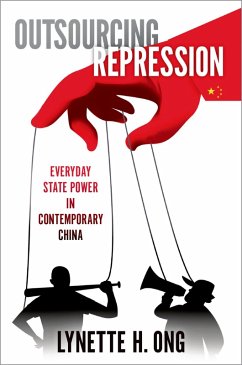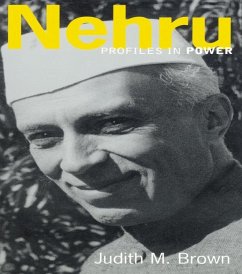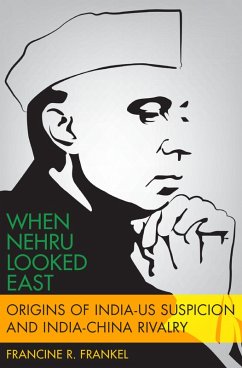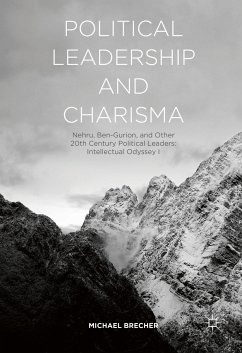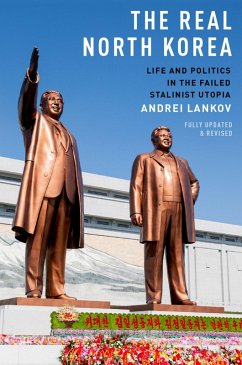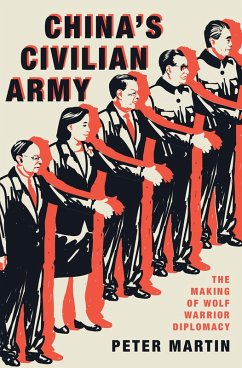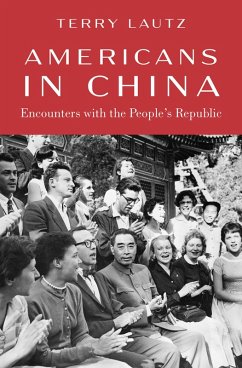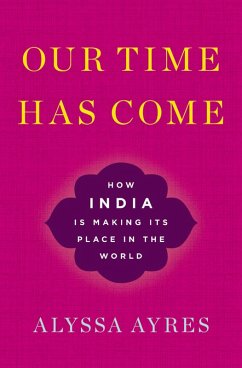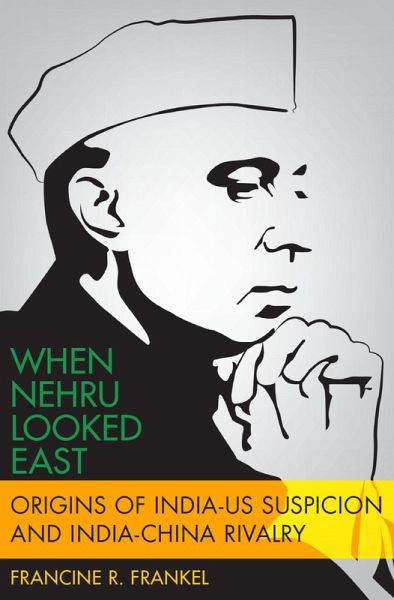
When Nehru Looked East (eBook, PDF)
Origins of India-US Suspicion and India-China Rivalry
Versandkostenfrei!
Sofort per Download lieferbar
19,95 €
inkl. MwSt.
Weitere Ausgaben:

PAYBACK Punkte
10 °P sammeln!
Jawaharlal Nehru, India's first Prime Minister and Minister of External Affairs from 1947 to 1964, set the framework of foreign policy which has remained India's reference point until the present. One of the most significant leaders of the twentieth century, Nehru came to power in the early years of the Cold War, determined to assert independent India's influence and interests in Asia and beyond. Drawing on the Nehru Papers, Francine Frankel's When Nehru Looked East reinterprets the doctrine of non-alignment with which Nehru is most closely identified to reveal its strategic purpose. Analyzing...
Jawaharlal Nehru, India's first Prime Minister and Minister of External Affairs from 1947 to 1964, set the framework of foreign policy which has remained India's reference point until the present. One of the most significant leaders of the twentieth century, Nehru came to power in the early years of the Cold War, determined to assert independent India's influence and interests in Asia and beyond. Drawing on the Nehru Papers, Francine Frankel's When Nehru Looked East reinterprets the doctrine of non-alignment with which Nehru is most closely identified to reveal its strategic purpose. Analyzing India-US and India-China relations during this period, Frankel explains how these parties came to distrust each other. From the outset, Nehru's vision of India's destiny as a great power collided with that of the US as leader and protector of the free world. He considered the US a rival in South and Southeast Asia and the Middle East and carried out an active diplomacy to dissuade newly independent nations from joining US-led anti-communist mutual security alliances and instead follow India's example of non-alignment. He did not see a threat from the Soviet Union and believed, despite the dispute with China over the northern border, that India's approach would bring India and China together as advocates of Asianism to counter American penetration in the region. This historic miscalculation, manifested in the 1962 China-India War, overthrew the pillars of Nehru's foreign policy. Frankel provides the most authoritative account yet of the origins of India-US suspicions and India-China rivalries. Outlasting the Cold War, Nehru's worldview lived on in the mindset of successor generations, making it difficult for the US and India to form a strategic partnership and establish a natural balance in Asia.
Dieser Download kann aus rechtlichen Gründen nur mit Rechnungsadresse in A, B, BG, CY, CZ, D, DK, EW, E, FIN, F, GR, HR, H, IRL, I, LT, L, LR, M, NL, PL, P, R, S, SLO, SK ausgeliefert werden.




